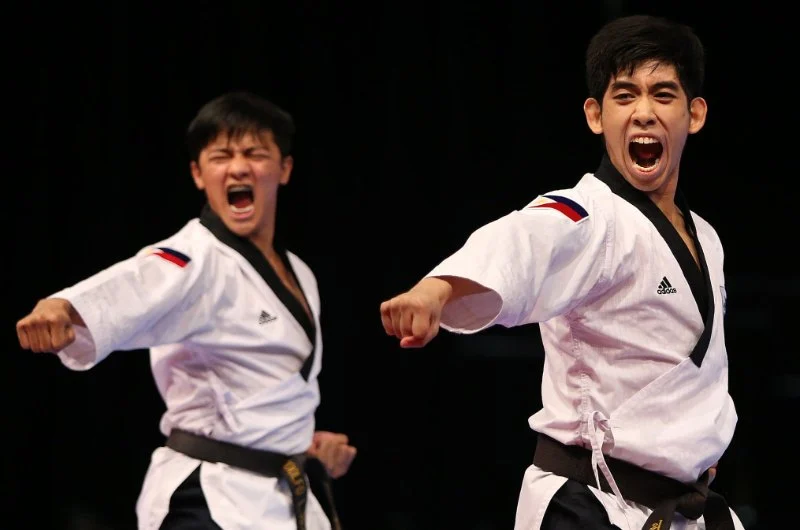
The Role of the Coach in a Tae Kwon Do Competitor's Corner
In Tae Kwon Do competitions, the coach plays a pivotal role that goes beyond just training the athlete. When a competitor steps onto the mat, the coach's responsibilities shift to guiding and supporting the athlete through the intense moments of the match. The corner is where strategy, encouragement, and advice come into play. In this article, we will explore the essential role of a coach in the competitor’s corner, how they influence performance, and why their presence is crucial for success in Tae Kwon Do competitions.
- 1. The Coach’s Role in Strategy and Motivation
- 2. Effective Communication: Key to Success
- 3. Managing Emotions During High-Pressure Situations
- 4. Providing Real-Time Feedback and Adjustments
- 5. Case Study: How Coaches Have Impacted Famous Matches
1. The Coach’s Role in Strategy and Motivation
One of the primary roles a coach plays in Tae Kwon Do competitions is developing strategies that align with their athlete’s strengths and the opponent’s weaknesses. A coach is responsible for analyzing the opponent’s fighting style, pinpointing areas where their competitor can gain an advantage, and suggesting techniques to counter the opponent’s movements. This strategic guidance can make all the difference in high-stakes matches, giving athletes the insight needed to perform at their peak. Additionally, motivation is a crucial aspect. Coaches must lift the competitor’s spirits, especially during tough rounds, helping them stay focused and energized throughout the match.
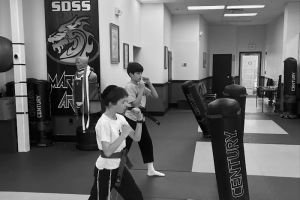
SDSS Martial Arts of Newton / sdss martial arts of natick
NewtonMiddlesex CountyMassachusetts
739 Beacon St, Newton, MA 02459, USA
2. Effective Communication: Key to Success
Effective communication between the coach and the competitor is critical during a match. From the corner, the coach must give clear and concise instructions without overwhelming the athlete. A calm and steady voice can provide the athlete with the mental clarity they need, especially during chaotic moments. In addition, the coach’s ability to read the competitor’s body language and emotional state helps in delivering the right message at the right time. The coach’s guidance, whether it’s about pacing, timing, or positioning, needs to be tailored to the needs of the athlete in real-time.

United Martial Arts Centers Warwick / umac warwick ny
43 West St, Warwick, NY 10990, USA
3. Managing Emotions During High-Pressure Situations
Matches in Tae Kwon Do can be emotionally intense, and athletes may face moments of doubt, frustration, or anxiety. A coach’s ability to manage these emotions is essential to the competitor’s performance. By maintaining a calm and positive demeanor, a coach can instill confidence in the athlete, helping them push through mental barriers. Encouraging words and a reassuring presence can help competitors regain their focus and perform under pressure, turning potentially stressful situations into opportunities for growth.
4. Providing Real-Time Feedback and Adjustments
One of the most valuable aspects of a coach’s role in the corner is their ability to offer real-time feedback. Coaches observe every movement and action of the competitor, quickly identifying areas where the athlete can improve. Whether it’s adjusting footwork, changing offensive strategies, or fixing a defensive stance, coaches provide immediate feedback that can influence the outcome of the match. The ability to make these adjustments on the fly is critical in Tae Kwon Do, where the situation can shift rapidly. A skilled coach ensures their athlete is always in the best position to succeed.
5. Case Study: How Coaches Have Impacted Famous Matches
Throughout Tae Kwon Do history, there have been numerous examples where the influence of a coach has been a game-changer in a competitor’s performance. One notable case is the influence of a coach during the 2000 Sydney Olympics, where a coach’s timely advice helped a competitor secure a gold medal. By providing strategic guidance, emotional support, and immediate adjustments, the coach empowered their athlete to outclass their opponents. This case highlights the indispensable role that coaches play in the success of their athletes. It’s not just about the physical training but also about how the coach supports and guides their athlete mentally during the competition.
The coach’s role in Tae Kwon Do is multifaceted, and their influence cannot be overstated. From strategy development and emotional support to real-time feedback and adjustments, coaches are instrumental in shaping the success of their competitors. The next time you step onto the mat, remember that your coach is more than just a teacher—they are your guide, motivator, and supporter, all rolled into one. For athletes looking to improve their performance, Jeuns TKD Hub offers a wealth of resources, including coaching tips and training equipment to help you reach your full potential.
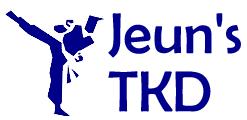
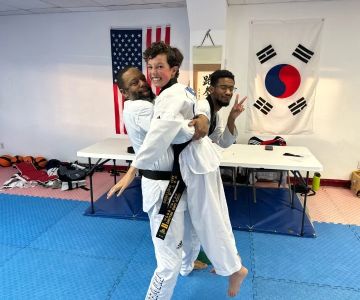
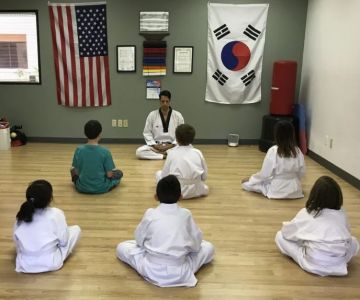
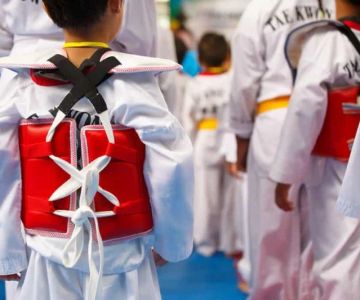
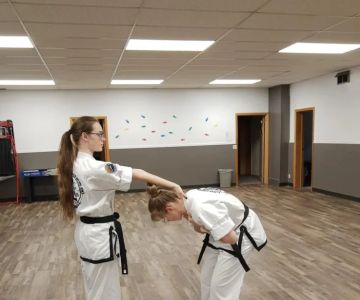
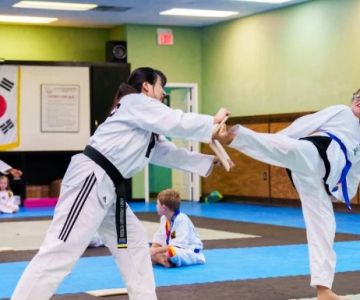
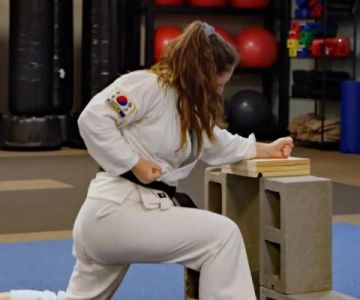
 White Dragon Martial Arts - La Mesa4.0 (160 reviews)
White Dragon Martial Arts - La Mesa4.0 (160 reviews)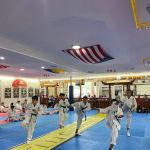 LI World Taekwondo Academy5.0 (17 reviews)
LI World Taekwondo Academy5.0 (17 reviews) P3 Martial Arts4.0 (195 reviews)
P3 Martial Arts4.0 (195 reviews)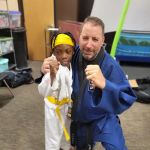 Ninja Fit - De Soto5.0 (21 reviews)
Ninja Fit - De Soto5.0 (21 reviews) KTigers USA Taekwondo4.0 (39 reviews)
KTigers USA Taekwondo4.0 (39 reviews)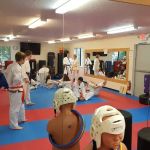 Olympic Taekwondo Academy5.0 (6 reviews)
Olympic Taekwondo Academy5.0 (6 reviews)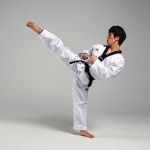 How to Execute a Jumping Roundhouse Kick to the Head
How to Execute a Jumping Roundhouse Kick to the Head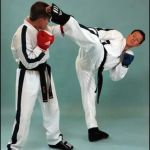 How to Execute a Double Kick Combination in Sparring
How to Execute a Double Kick Combination in Sparring How to Perform a Flawless Axe Kick: A Step-by-Step Guide
How to Perform a Flawless Axe Kick: A Step-by-Step Guide DIY Tae Kwon Do Training Equipment for Home Practice
DIY Tae Kwon Do Training Equipment for Home Practice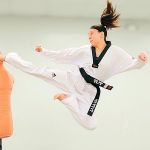 How to Increase Your Vertical Jump for Tae Kwon Do Flying Kicks
How to Increase Your Vertical Jump for Tae Kwon Do Flying Kicks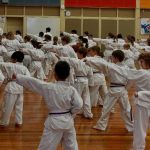 The History of the Tae Kwon Do Peace Corps
The History of the Tae Kwon Do Peace Corps